Emeritus History Department Professor Bill Cohen passed away on September 7, 2020. Professor Emeritus and former History Department Chair Marc Baer shares his memories of the late Professor below.
“I am currently revising an essay on Herbert Butterfield, perhaps the most important Christian historian of the twentieth century. My Ph.D. supervisor in graduate school did his doctorate at Cambridge University, working under Butterfield. My mentor repeated a story several times, a conversation in which Butterfield told him he was never satisfied with something he wrote until the fifteenth draft. And so, when I taught the History department seminar I, of course, repeated the story for my students.
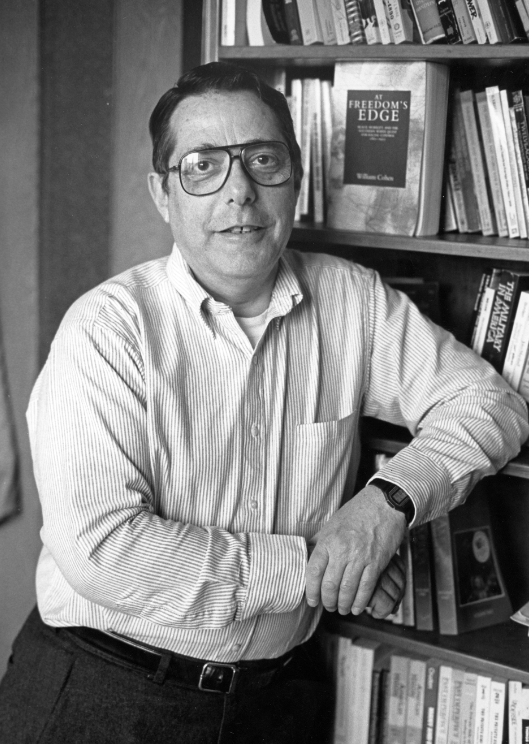
Professor William Cohen—his colleagues only knew him as Bill—was the Hope History department’s Herbert Butterfield. Bill not only invented the department’s seminar in the 1970s, but so left his imprint on it that we often referred to it as the “Cohen seminar.” Bill cast a large shadow: Those who later taught the seminar, Professors Johnson, Gibbs and Baer, and now Janes, tried as hard as we could to emulate our colleague, both in terms of his rigor and emphases—getting structure, mechanics, and especially footnotes just right. Hence our departmental tee shirt, seen here; notice the footnote.
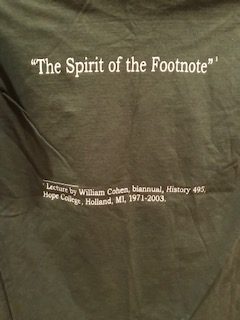
Bill, who retired in 2001, died on September 7, 2020. During his time at Hope he taught his students in all his history courses and his colleagues to understand why standards matter. In my case when I taught the seminar, as I sat in my office thinking about a topic like evaluating evidence I would be addressing in a few hours, my mind would invariably take me to, “How would Bill have done this?” My guess is that my colleagues who taught the seminar did the same. Bill’s shadow, like Butterfield’s will last a very long time.
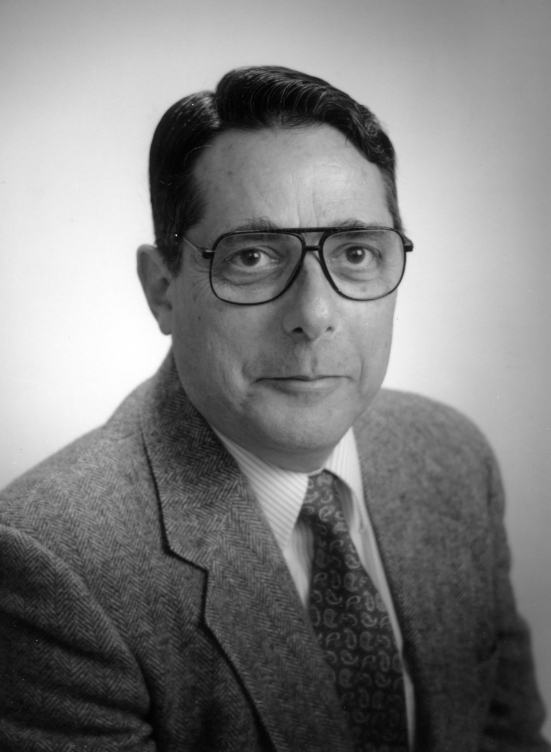
Reading the reminiscences of faculty in other departments brought smiles to our faces, as we lament that Bill is no longer with us. What they could not convey, but I hope I have, is that Bill took his calling as a scholar—getting the past right—so seriously that he never let us, his departmental colleagues and his students, forget what that meant. At a moment in our national history when truth no longer seems crucial to many people, Bill’s legacy matters more than ever.” – Dr. Marc Baer
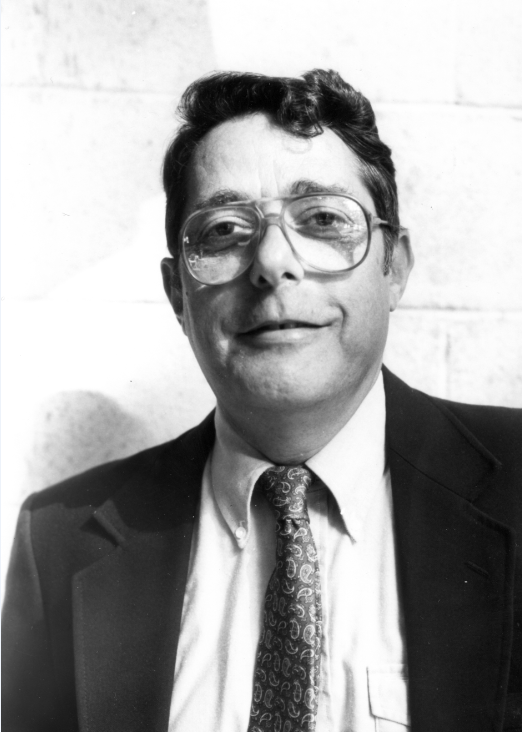
Bill passed away peacefully on Sept. 7, 2020. He was a proud son of New York, who completed his B.A. at Brooklyn College, his M.A. at Columbia University, and his Ph.D. at New York University. He was a veteran of the United States Army, and served in the intelligence branch during the Korean conflict. He moved to Chicago, where he worked with the late Professor John Hope Franklin at the Center for Urban Studies at the University of Chicago. While there, he published “Thomas Jefferson and the Problem of Slavery,” a significant re-examination of Jefferson’s understanding of the institution of slavery.
In 1971, he came to Hope College, and remained a member of the faculty until his retirement in 2001. While at Hope, he published his 1991 monograph, At Freedom’s Edge: Black Mobility and the Southern White Quest for Racial Control, 1861-1915. He taught generations of Hope College history students in the History Seminar, a rigorous capstone experience which he designed and taught for many years. He also mentored Hope College students who applied for Rhodes and Marshall Scholarships. After his retirement from Hope College, he served as a Fulbright Scholar, teaching American history in Japan. He was a generous colleague, and his work made us all a better scholarly and collegial community. He is survived by his son, Alan (JuHong Lee) , and two daughters, Elizabeth (John Speiser) and Mia (Neal Franklin). He also had three beloved grandchildren, Soren, Miri, and Sonny
A virtual memorial will be held for Bill this Saturday, September 12th, 2020. If you are interested in attending, please email [email protected] to get further details.


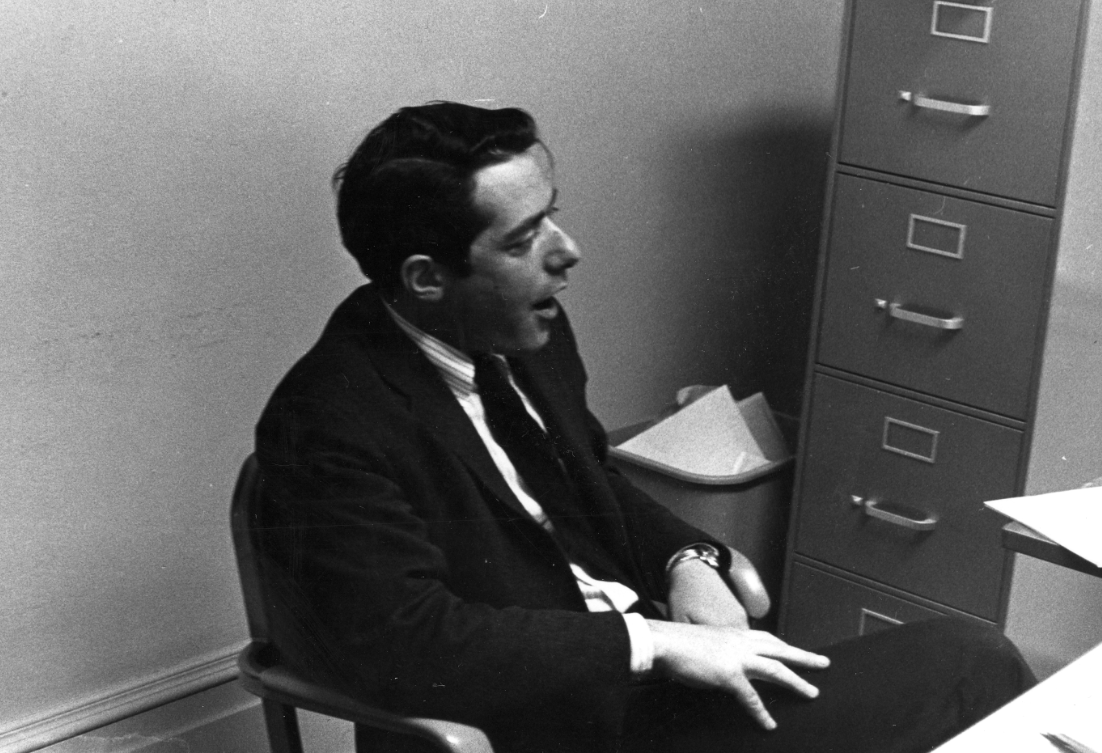
Professor Cohen taught me much and I cherish his commitment as an educator and a supportive friend to his students.
Randy Durband, History Major, Phi Alpha Beta Society member, class of ’82
I’m unbelievably sad to learn of the death of my mentor, Dr. Bill Cohen. He was a significant historian (“Thomas Jefferson and the Problem of Slavery,” Journal of Southern History, 1960) — yep, in 1960, at age 24, he had already figured out something we’re still, somehow, debating today — and absolutely brilliant teacher. I owe the life I currently lead to him. He encountered me as a talented but unserious freshman in 1985 and, through his inspiring teaching and demand that I do my best, turned me into a committed, curious, and overachieving student. Over four years he taught me lessons that have lasted a lifetime. He supported me in my decision to go to law school rather than continue my studies in history, even though I knew he was disappointed, and wrote me an astonishingly generous recommendation letter that likely cemented my acceptance to a top law school. As a teacher, he was rigorous, demanding, and critical, yet always supportive. He met you where you were, but insisted that you be your best. He believed in me, and so I wasn’t about to let him down. I hope I didn’t.
Bill also cared about the world the way he cared about history, and his students. He was passionate about justice and equality. He would talk about his time in the army in the era of mandatory conscription, and what a powerful experience it was to serve as it brought him, a Brooklyn boy raised as a Marxist, together with people of all races, home states, and political beliefs, working together in a common cause. He lamented the fact that there was no equivalent leveling institution in contemporary life and feared this was increasing divisions and misunderstandings within society. He thought all that in 1988.
I’m certain I’m just one of many who can look back at their lives and point to Bill’s influence as the thing that made the key difference. I am so grateful for having known this great man, the lessons he taught, and the example he set, which remains so relevant today. I will do my best, Bill. You have my everlasting thanks.